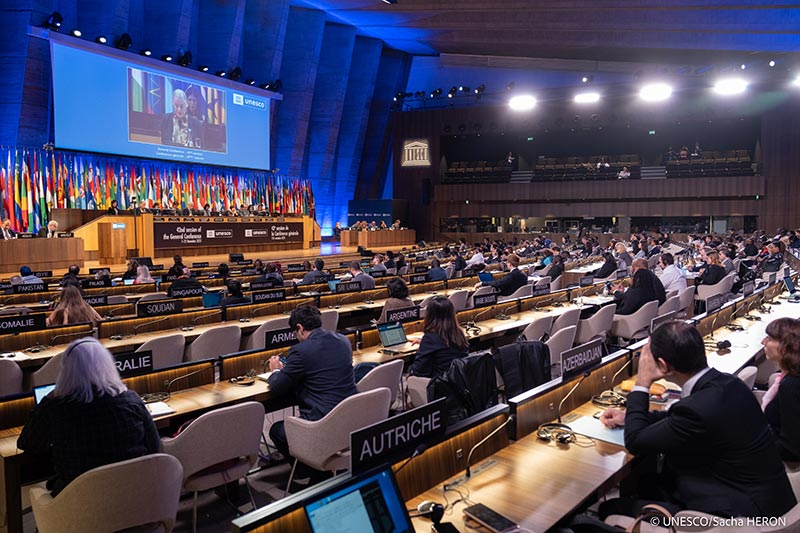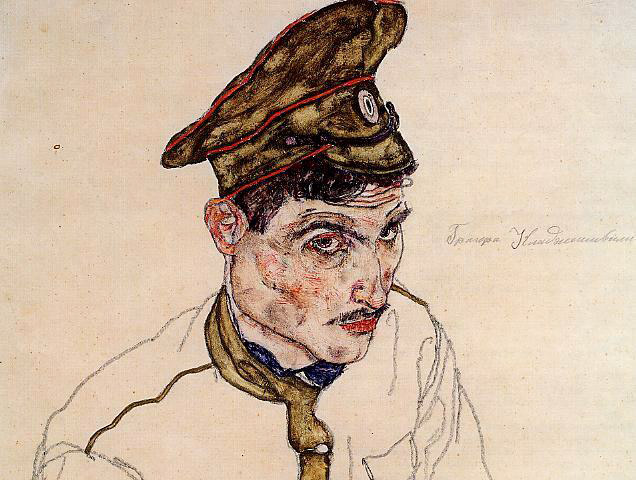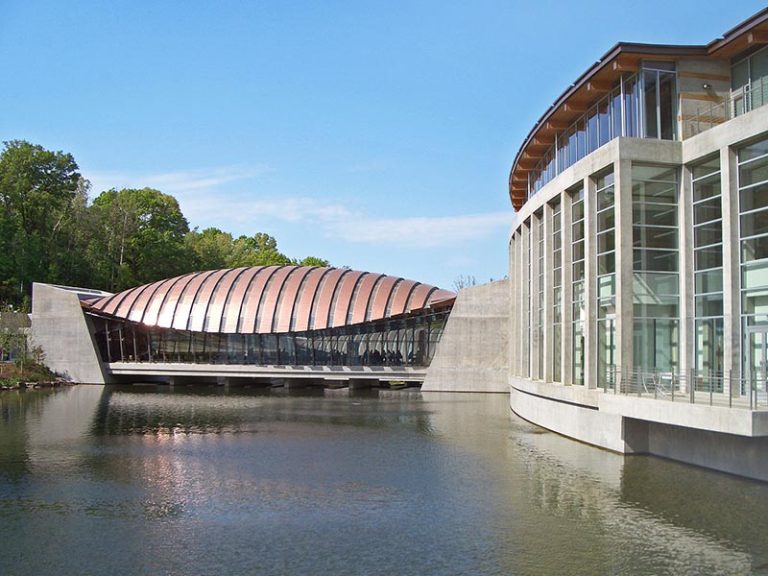Paris. Syria, Ukraine, Nagorno-Karabakh, Yemen, Sudan, Ethiopia, Gaza: the list listed by Audrey Azoulay at the opening of the general policy debate at UNESCO gives the measure of the subjects which shook up the General Conference, the high mass which is held at the Paris headquarters every two years. The general director of the organization also recalled that “UNESCO is not a humanitarian organization, and has no mandate for the resolution of ongoing conflicts.” Should we see this as an admission of powerlessness? Faced with the sometimes brutal declarations of certain member countries, the question arises, especially since UNESCO is playing diplomatic balancing acts: Azerbaijan was thus able to declare from the podium that Armenia had destroyed the heritage of Nagorno-Karabakh, and demand a UNESCO mission, while it has systematically blocked fact-finding missions on site for twenty years, which UNESCO deplores [lire le JdA n° 619]. In these aggressive discourses therefore hide burning political issues which spill over into traditional cultural subjects.
The Israel-Hamas war comes to the Conference
The conflict most cited in the statements is that between Israel and Hamas, with obvious pro-Palestinian bias. In addition to Jordan, which called for an end to ” Two weights, two measures “ and to create “a Palestinian state within the 1967 borders”, Sudan spoke of “genocide in Gaza” and recalled that Jerusalem should be the capital of the future Palestinian state. The solution “two states” was cited by many countries including Spain, even if European countries were generally more measured than those of the “global South”. Remember that the State of Israel left UNESCO in 2017 following the United States, and that it now has the status of an observer country.
During the general policy debate, Israel’s permanent ambassador to the OECD intervened, in virulent terms. He therefore asked why UNESCO did not “officially condemned the attacks of October 7” and why “the Education Commission held a minute of silence for the Palestinian victims of the conflict and not for the Israeli victims of October 7”. In conclusion, Haim Assaraf declared that“Israel will remain outside UNESCO because of these unresolved issues,” to confirm that the country is firm in its decision. Several delegations from Arab countries left the room when the representative of Israel spoke, the others having left their seats empty in advance.
These fiery declarations and the ostensible reactions of the delegations reflect the state of multilateralism praised by UNESCO, and its limits as soon as the political takes precedence over the cultural. Audrey Azoulay emphasized in her opening speech that “this moment puts multilateralism to the test” while Simona-Mirela Miculescu, the Romanian president of this session, saw in the return of the United States “extended multilateralism”. But this multilateralism is understood as a mix between the expression of diversity of opinions and an incentive to speak with the same voice: faced with the multiplication of conflicts, UNESCO risks paralysis. However, Audrey Azoulay and Simona-Mirela Miculescu have repeatedly affirmed that “UNESCO is a family” and “it is a force that acts in unity” to stem the ambient pessimism.
The search for consensus
To see multilateralism at work, we must look at the work of technical commissions and committees, far from the debates. Thus within the Culture Commission, the subjects discussed were more precise since the delegations had to express themselves on the progress of current files. Protection of heritage, protection and status of artists, creation of new UNESCO-certified cultural centers, linguistic diversity, “Priority Africa” program: these subjects were discussed calmly by member countries who also made proposals for the next two years. Member countries also showed how they were moving forward on these subjects, like Austria which highlighted its program to welcome Ukrainian artists (1,900 artists welcomed since spring 2022). Algeria announced the creation of a “great museum of Africa in Algiers”, while insisting on the need for restitution of heritage objects. The delegation of Palestine (attached to the Palestinian Authority) highlighted its continued efforts to safeguard heritage, including in Gaza, and called for the establishment of an emergency fund for heritage in the Gaza Strip and the West Bank , a difficult measure to apply as long as relations between Hamas and the Palestinian Authority remain as they are.
Behind the speeches on multilateralism lies in reality a pragmatism which promotes consensus before votes: this allows decisions to be made more effectively. This is the case for a seemingly controversial resolution on the heritage of the Old City of Jerusalem, adopted by the Commission for Culture after long epistolary exchanges between delegations and UNESCO bodies. Likewise, the resolution on UNESCO’s budget (increasing by 25% thanks to the United States) was adopted by consensus – a rare occurrence.
Simona-Mirela Miculescu declared at the closing of the 42nd session that she wanted “establish consensus as a principle” for the decisions of the period 2024-2025, because it sees the expression “of a common will” and “multilateralism in action”. Like Audrey Azoulay, she repeatedly insisted on the need to act “by transforming normative instruments into actions”, a thinly veiled response to criticism of the inaction of UNESCO and its diplomatic weakness. In view of the crises and conflicts that are igniting the world, this momentum towards action can only awaken an international organization which is seeking a new dynamic.







